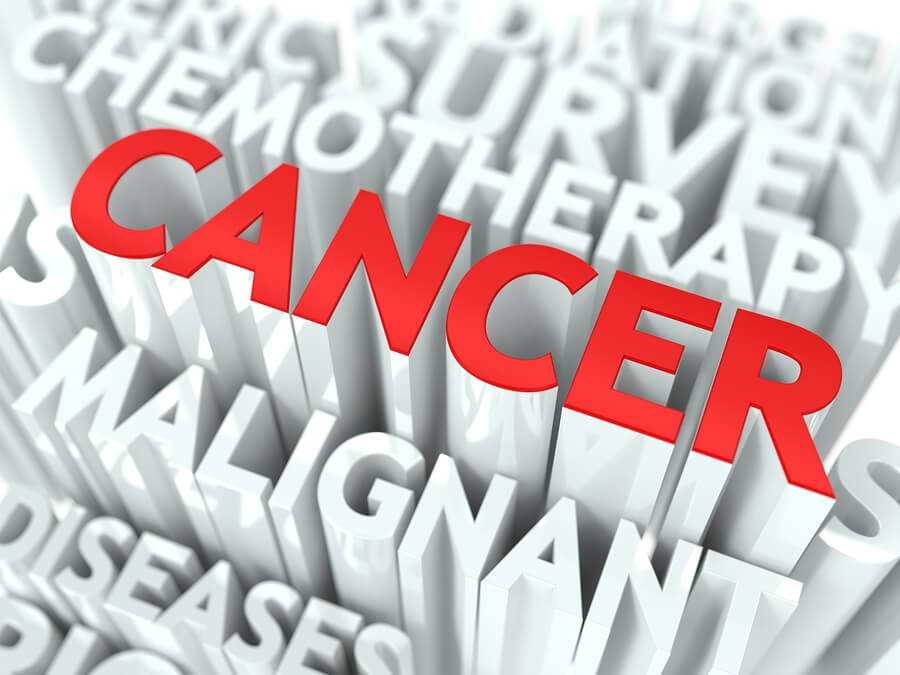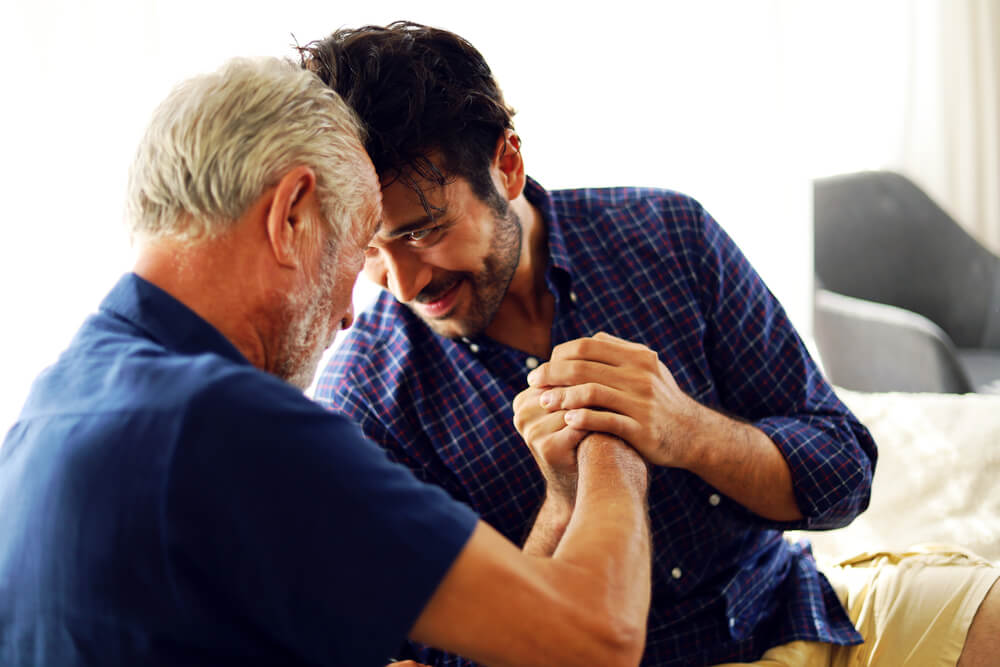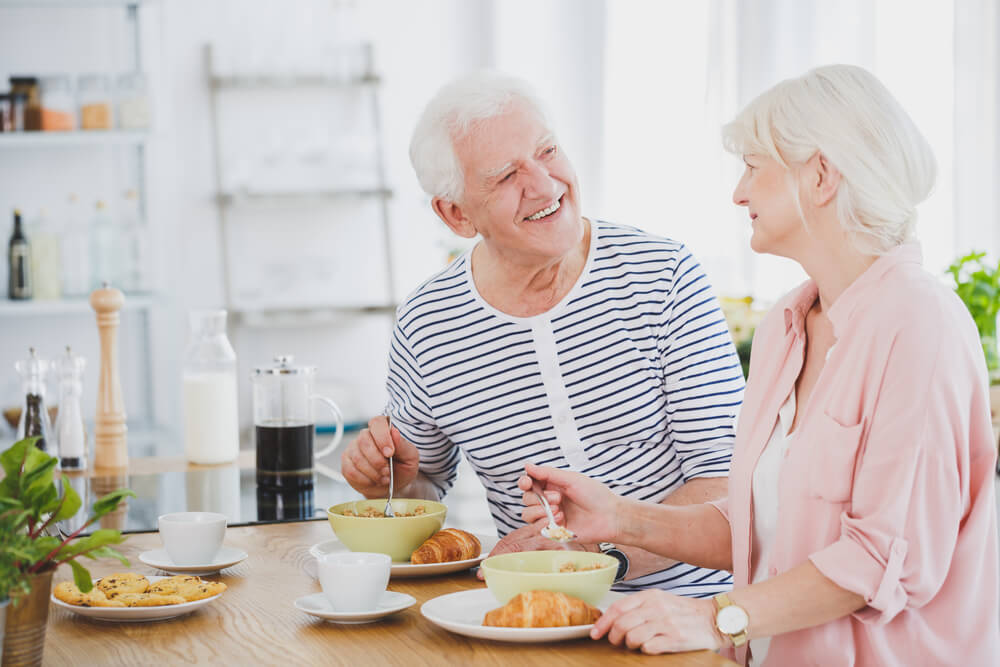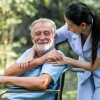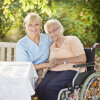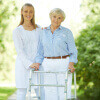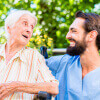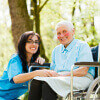One of the things that you might worry about as a family caregiver is whether your elderly loved one will get skin cancer. Unfortunately, there are many senior citizens who get this type of cancer. There are also many causes for it, as well.
The one thing to note is that it is never too late to lower one’s risks of skin cancer. Learn more about common risk factors today to see if you can help your elderly loved one to keep their risk for skin cancer down.
Sunlight Exposure
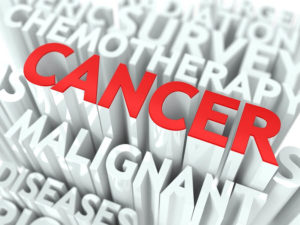
The sun’s rays are one of the biggest factors for an increased skin cancer risk. Unfortunately, many younger adults don’t wear sunscreen or protect their skin from the sun as much as they should. Your elderly loved one may not have done this when they were younger either and that could have increased their risk of getting skin cancer. However, as noted above, it isn’t too late for them to lower their risk of getting this type of cancer. You and 24-hour home care providers can encourage and remind your elderly loved one to wear sunscreen and to protect their skin with proper clothing when in the direct sunlight.
Skin Type
Unfortunately, people who have a specific skin type have a higher risk of getting cancer, as well. If your elderly loved one has fair (lighter-colored) skin, they are much more likely to get a sunburn when they are outdoors. Even suntans, over time, can increase the risk of skin cancer.
Now, your elderly loved one can’t do anything about their skin type. However, if they do have fair skin, they should be more careful and protect their skin even more when going outside on sunny days. For example, they should stay out of direct sunlight and stay in the shade whenever possible. Doing that in addition to wearing sunscreen can help to reduce their risk of skin cancer.
Family History of Skin Cancer
Does your elderly loved one have a family history of skin cancer? If so, they may have an increased risk of getting it, as well. There isn’t much that can be done about this factor either. However, even if your elderly loved one does have an increased risk due to this reason, that doesn’t mean they will get it. So, make sure you and the elderly care providers remind your loved one to protect their skin every time they are outside. That way, they can lower their risk for getting skin cancer.
Conclusion
Now that you know some of the risk factors for skin cancer, you probably can get a good estimate as to where your elderly loved one’s risk stands. Remember, you and 24-hour home care providers can remind your loved one to wear sunscreen, stay out of direct sunlight, and wear proper clothing when outdoors to help lower their risk of skin cancer.
Sources :
